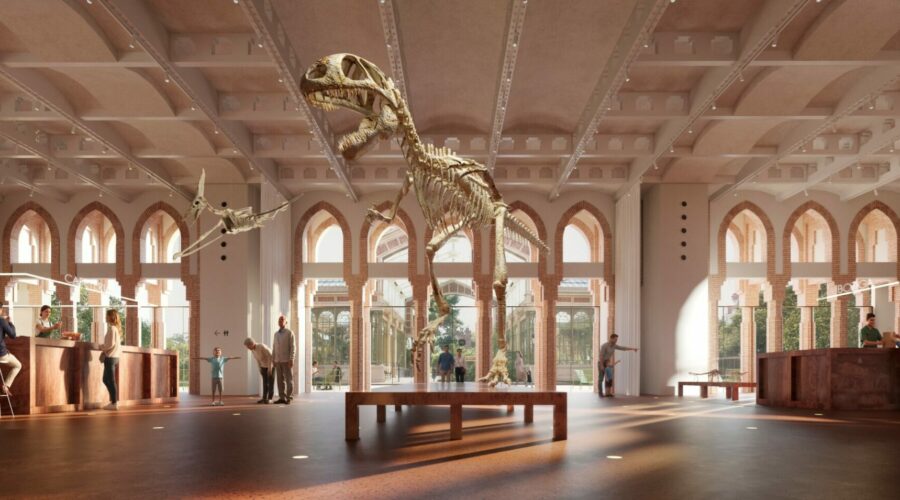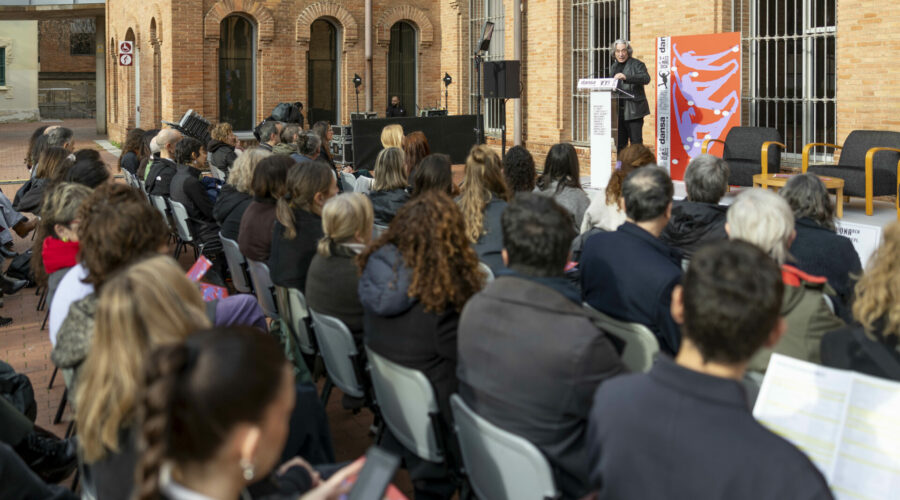
For many families who have children with disabilities, going to a park or playground in Barcelona has become a headache.
They claim that the children have nowhere to play, because there are no inclusive areas in the city that allow them to recreate.
In fact, the Catalan capital has no inclusive parks: of the 900 playgrounds in the city, only 21 of them are accessible, but not inclusive.
For several years, there has been a request for the renovation and creation of inclusive playgrounds in Barcelona.
But even families with children with reduced mobility and other disabilities face the fact that their children cannot have fun in a playground like everyone else.
This is due to the fact that these spaces do not have ramps, objects or accessories that allow easy access to these areas.
Parks for children with disabilities far from Barcelona
In the midst of this scenario, the families of these children are forced to drive several kilometers outside the Catalan capital in order to find a park equipped for children with disabilities.
This constant struggle of parents has begun to bear fruit, driven by the fact that as the years go by, children grow older and it is more difficult to move them far from the city or even to put them on a swing.
Ana Mourelo, one of these mothers with her son in a wheelchair, undertook a project that she presented in the participatory budgets, in order to promote the first inclusive park in Barcelona that would be in the gardens of Massana, Sant Andreu district.
Mrs. Mourelo states that although the City Council says otherwise, there are no inclusive parks in the city.
The only thing that exists is a municipal rule that states that out of every five elements of a park, one must be inclusive. That is not enough.
So far, the municipal government has announced the development of a 2023 Play Plan, under which 10 inclusive parks will be built in the city.
But the mistake lies in the fact that a park with accessibility is not the same as a park where inclusion is not considered. A park may be accessible for a child in a wheelchair to enter, but if he or she cannot play with anything, it is not inclusive, if not discriminatory.
The rights of children with disabilities are affected. According to this plan, by 2024 it is expected to reach 55 inclusive playgrounds and by 2030 to have 100% of the parks adapted.
In short, a playground cannot be inclusive if it is not accessible and adapted to the real needs of children.
Too much time, parents say, for children to be able to do something so essential: play.



